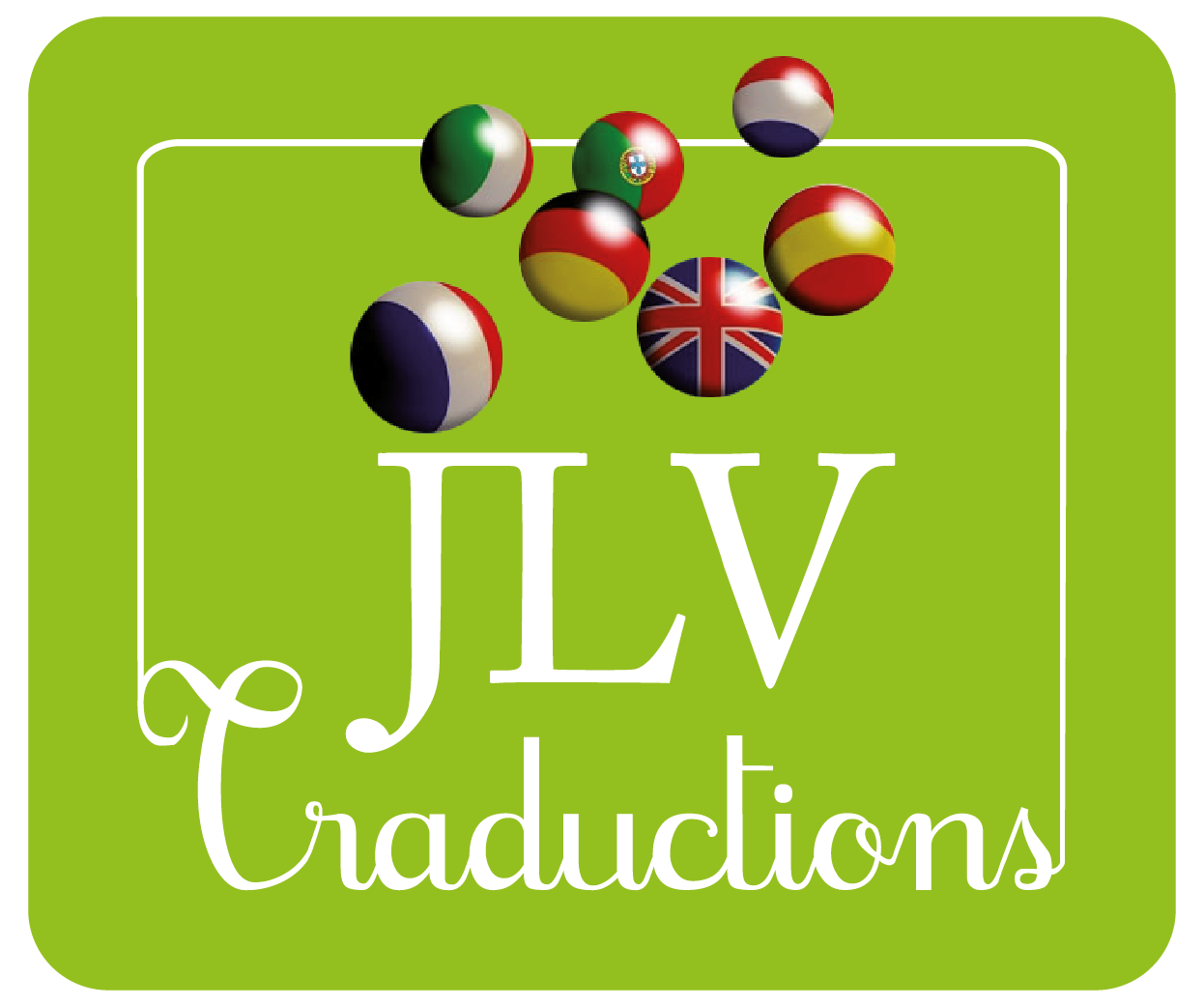Certified Translation: A User Guide
What is a sworn translator?
Swearing in or being « sworn in » is the common term for persons with expert status with the Court of Appeal or the Court of Cassation, in the case of France. An expert of this kind is an occasional contributor to public services (State, local authorities, judicial authorities, police, courts of audit, private organizations in charge of a public service, etc.).
According to the established list, a priori expert status can be conferred on persons of any profession, as long as they can act in an advisory role for a case requiring an administrative or judicial decision. A certified translator, therefore, is a expert in translation.
Who can be a sworn translator?
The translation profession is not regulated as such in France, the result being that sworn translators include people for whom translation may be their livelihood, a part-time activity or very occasional.
The decision to grant the status of expert depends on the cumulative appreciation of the Court of Appeal to which an application must be sent (filed with the High Court competent for the domicile of the applicant), as well as that of the police services and magistrates charged with examining the the application. However, the application to be sent indicates the linguistic and translation skills claimed by the candidate.
What is the role of a sworn translator?
Experts issue certified translations (not « sworn » – it is the translator who is sworn in) of documents that are sent to them by authorities, courts, legal professionals (lawyers, notaries, bailiffs, etc.), companies and individuals.
They translate the contents of these documents and their personal liability is incurred as to the accuracy of the translation of the original document. They are only entrusted with including all of the information objectively contained in the source document, not to commit themselves as to the authenticity, accuracy or completeness of that information, or to correct an error they have identified. Also, especially for handwritten documents, they are not required to guess the content of the document and to provide a translation of words or passages that are illegible or poorly written to the point of being unintelligible. This responsibility belongs, where applicable, to the author and/or owner of the document, who is strongly encouraged to contact the translator in order to define all the factors and contextual items that come into play, and the purpose of the translation. To summarize, it should be remembered that a sworn translator only renders a document written in a foreign language admissible to an institution or authority speaking another language.
Indeed, the role of a sworn translator is not, for example, to influence a court decision by appropriating the content of the document, a necessary and laudable intention in other contexts, but quite out of place in the case of a certified translation, when it can potentially cause damage to a litigant or waive someone’s responsibilities.
In which cases should you use a certified translator?
The question often recurs when the obligation to use a certified translator has not been notified to the author or owner of a document by an administrative and judicial authority. Indeed, requests for certified translations are often urgent when the applicants realize they are mandatory for a given procedure.
Conversely, the fact is that it is not obvious to anticipate that a particular document will required certified translation because it depends on its purpose or the context in which it is used. Moreover, in the judicial context, any document providing clarification on a dispute arising from conflicting interpretations is liable to need certified translation…
Without being exhaustive, here are some of the most documents likely to require certified translation:
- Civil status documents: birth, marriage and death certificates, identity cards, driving licenses, etc.
- Education: diplomas, academic transcripts, certificates, etc.
- Employment: employment contract, pay slips, etc.
- Business: articles of association, company registration certificates, orders, invoices, shareholder agreements, etc.
- Legal: judgements, decrees, orders, summons, notarial acts, etc.
- Miscellaneous: title deeds, patents, wills, etc.





